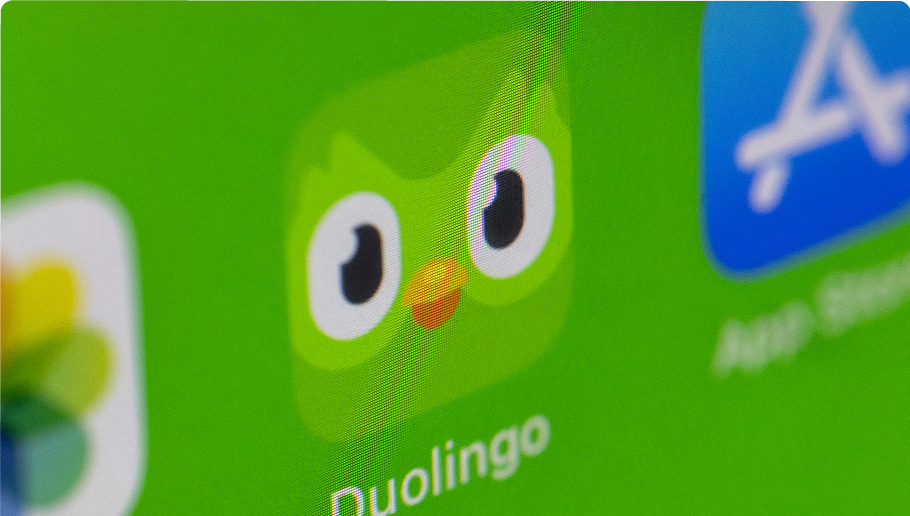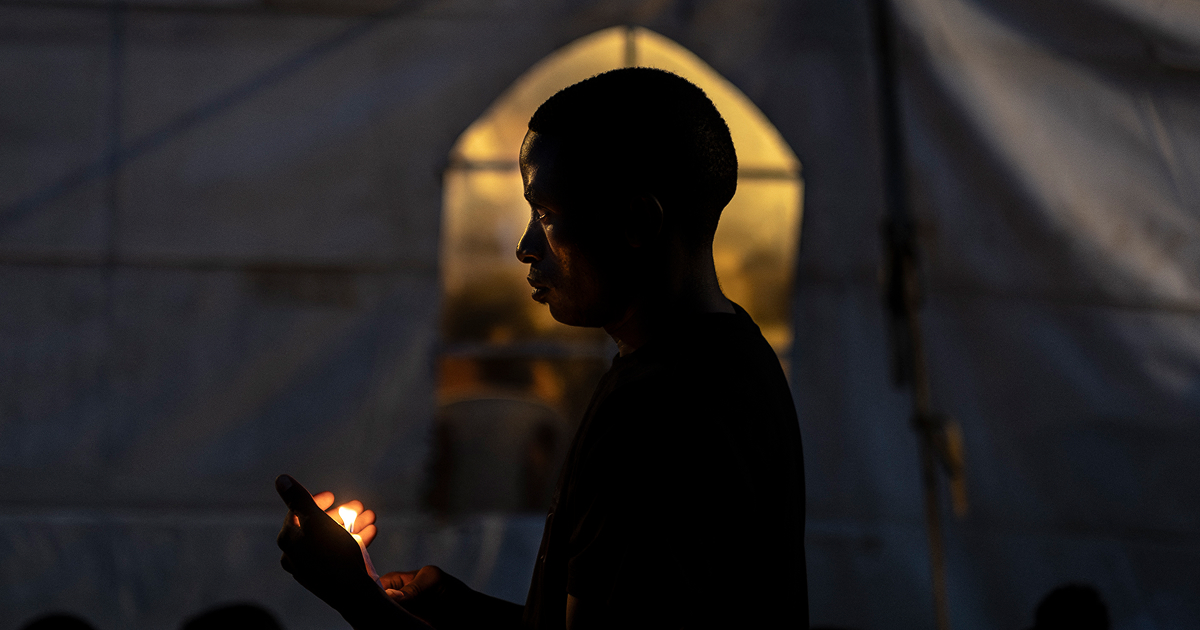Pope Leo XIV appears to have resumed lessons on a popular language-learning platform after a year’s hiatus.
In recent weeks, users of the educational app Duolingo noticed a long-inactive profile under the name “Robert”, the Pope’s baptismal name, suddenly spring to life and accumulate remarkable progress.
Duolingo, an online programme that allows users to learn foreign languages through short daily exercises and quizzes, is used by millions across the world. It awards XP for each completed lesson, recording progress on a visible public profile.
It was through this system that many observant users realised that the Holy Father had quietly returned to his studies, earning more than 30,000 points within a short period.
The profile, listed under the username “@DrPrevost”, matches the Pope’s known social media handle prior to his election. It shows that he had previously studied German but has since added Italian, the principal language of the Vatican. Screenshots shared online depict a two-day streak and a total of 30,154 points, suggesting an intense burst of activity.
One amused user remarked online that they had opened the app only to see “Robert earned 30,000 XP”, and then realised they had just applauded the Pope.
What drew particular attention was the timing of his sessions. On one occasion, the Pope appeared to have logged into the app shortly after three o’clock in the morning Rome time, prompting comments from users. “Holy Father, it is 3am — what are you doing?” one remarked on social media.
Pope Leo XIV is himself a gifted linguist. Fluent in English, Spanish, Italian, French and Portuguese, he has long been regarded as one of the most multilingual pontiffs of recent times. Many of Pope Leo’s predecessors, including St John Paul II and Benedict XVI, were renowned linguists.
The Catholic Church has a long association with languages, both ancient and modern. Latin remains its official tongue, used in papal documents and many liturgical texts, while the Church has also promoted translation to reach the faithful in their native speech. From the early use of Greek and Syriac in the East to the introduction of vernacular languages after the Second Vatican Council, the Church has adapted linguistically as its mission expanded across the world.
Successive popes have often mirrored this multilingual tradition. Pope Pius XI was noted for his command of several European languages, while St John XXIII spoke fluent French and Italian. The multilingualism of the Church today is less a mark of personal scholarship than a reflection of the practical demands of leading a global Church.
(Photo by FRED TANNEAU/AFP via Getty Images)

















